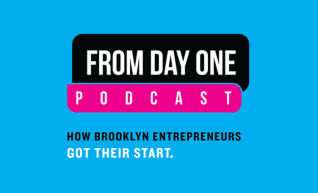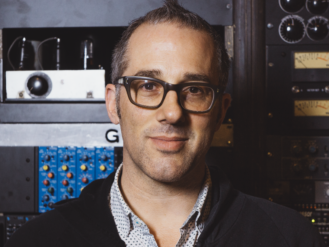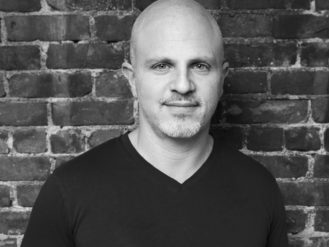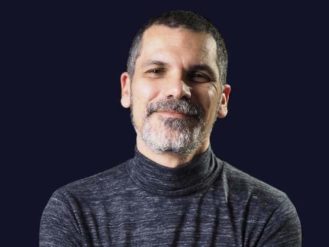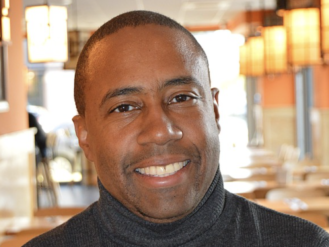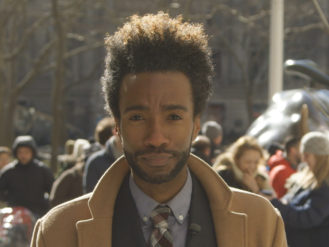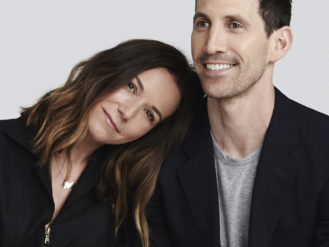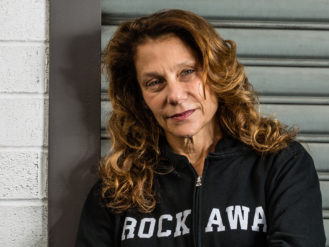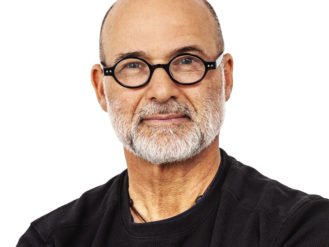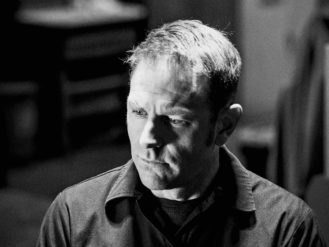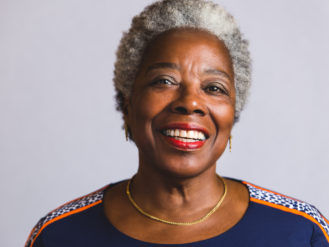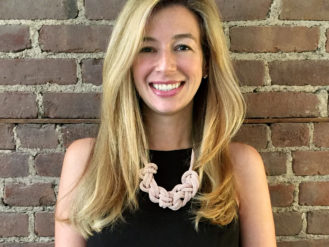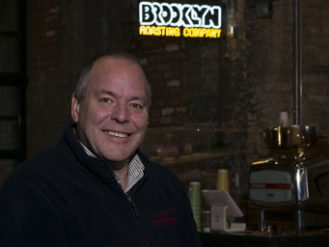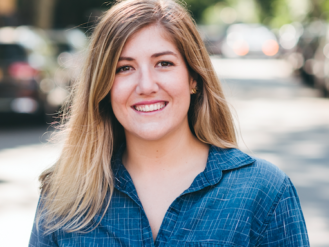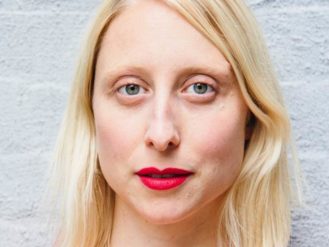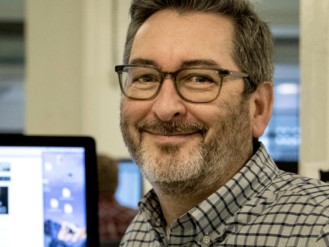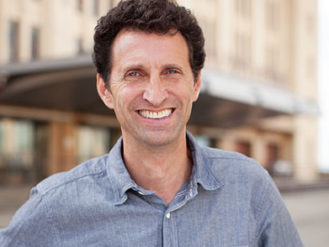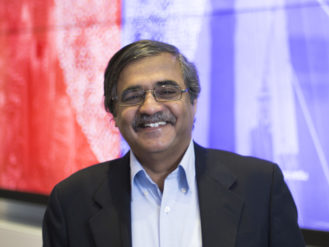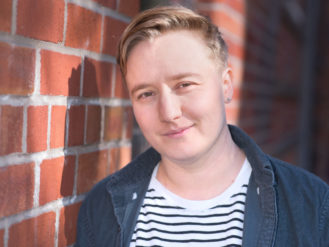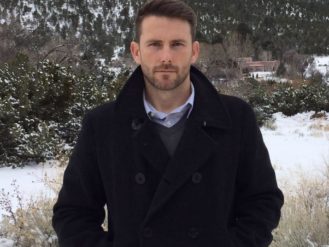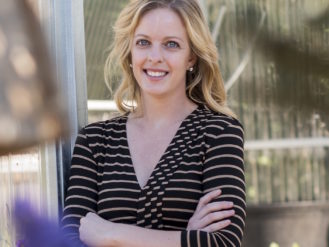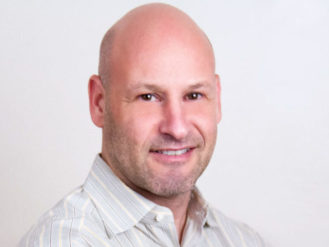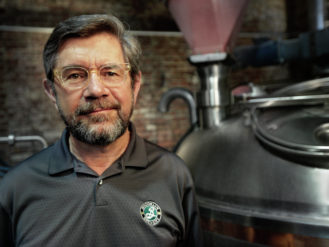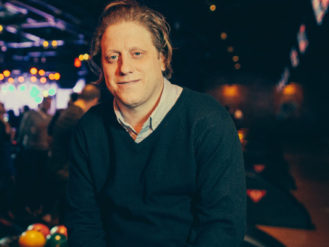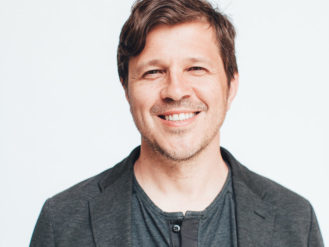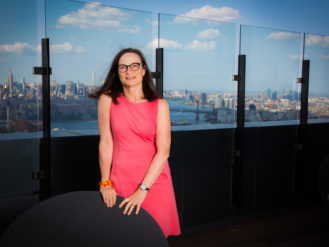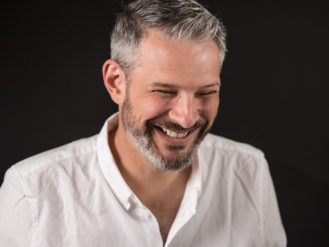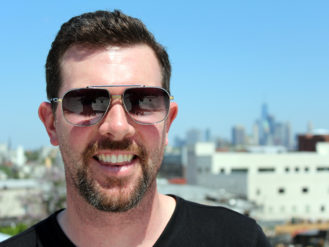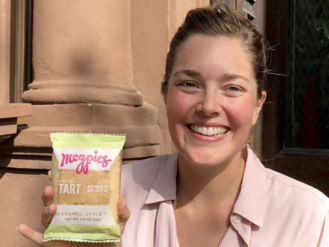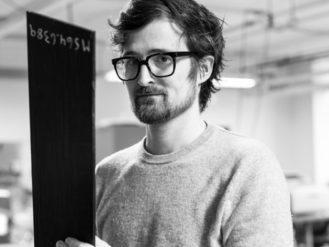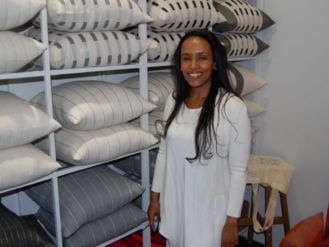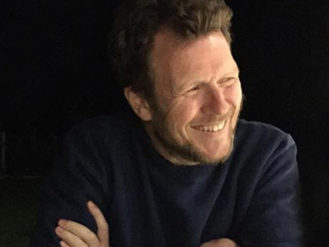Boaz Gilad, founder and CEO, Brookland Capital
The pioneering real-estate developer has produced more than 2,000 apartments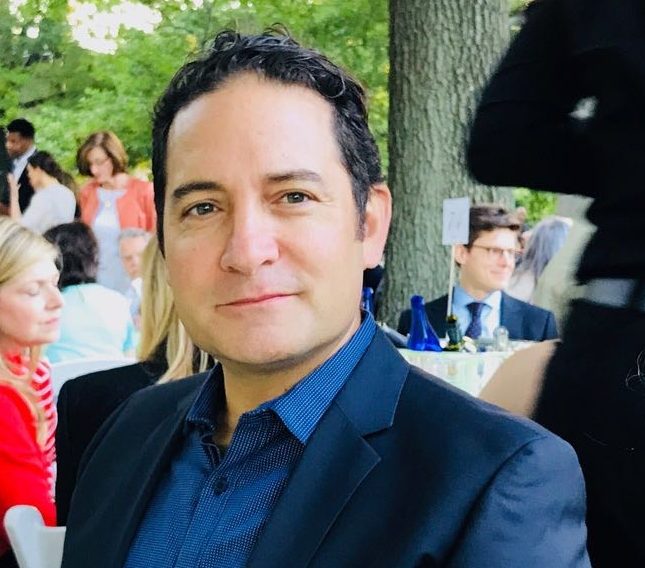
Said Gilad in our podcast: "Every place I can see a cool coffee shop or the potential of a great coffee shop and people on bicycles, that’s where I’m interested in looking at properties" (Photo courtesy of Brookland Capital)
“I came to New York to study acting,” says Boaz Gilad, but he wound up distinguishing himself in quite another field. He’s currently Brooklyn’s most prolific real-estate developer, as measured by the number of projects underway (three dozen at the moment).
“One thing led to the other and I thought to myself, while I’m pursuing my passion, which was acting, I want to make a little bit of money and not wait tables between shows,” Gilad told us in our podcast.
He and his wife decided to start buying “a two-family every three, four years.” They ended up purchasing more than one every few years, and soon had a small empire and a new passion. “I’m not coming from a wealthy background at all, but I spent a lot of time learning the market. I knew nothing about it, absolutely nothing about real estate, business, marketing. And one of the benefits was that you could get high-leverage mortgages then.”
Gilad got started in the business more than 15 years ago and in 2012 founded Brookland Capital, a real-estate investment and development company. Brookland targets land and neglected buildings in undervalued areas and develops modern living spaces.
“I don’t buy buildings with tenants,” he says. “I have a hard time with what’s called ‘repositioning’–or there are other words that are not as nice. I look always for empty spaces. I don’t want to deal with eviction.”
His company has acquired more than 100 properties and brought more than 2,000 units to the market. Gilad is also the co-author of The Real Estate Millionaire: How to Invest in Rental Markets and Make a Fortune, and an adjunct professor in the MBA program at New York University.
“I grew up in Israel but I’ve been living in Brooklyn for 22 years,” he said. “I didn’t have the money to pay the rent in Manhattan, so when my girlfriend, now my wife, moved to Brooklyn, the only reason was we couldn’t afford the rent. We decided to move in together and we said, ‘Let’s live just across the river, live our lives in Manhattan and come sleep in Brooklyn.”
Access to Manhattan is still important for the sites he chooses as a developer, but priorities in the borough have shifted, and Gilad has followed them. “We buy by subways. We don’t like to be 10 to 15 stops away from Manhattan. And I’ll follow any trend. I’m kind of a millennial developer. So if you’re a hipster, I’m going to follow you.”
“Every place I can see a cool coffee shop or the potential of a great coffee shop and people on bicycles, that’s where I’m interested in looking at properties,” he said. “So right now we’re in Bushwick, Bed-Stuy, Crown Heights.”
While betting on Brooklyn seems obvious now, Gilad said the road to success was a bumpy one. “I probably made every mistake in the book. I was very lucky because most of my mistakes were made in a market that was going up,” he recalls of his early days in the industry.
Finding collaborators who could fill in the gaps in his own skills was one of the solutions. “I needed some help on the maintenance,” for example, “so I got a person who used to be a personal trainer I worked with a few times, and he was also a plumber on the side, so he helped me.”
He used a similar technique for finding tenants, looking to the people he knew. “Real estate isn’t about location, it’s about people. So you have to be very clear about who you’re serving. When I was 28-29, I served the clients that I was involved with. So I was an actor, I was young, in my 20s. It was a natural progression to serve that clientele. I put ads in Backstage, a newspaper for actors. I put ads in the Equity Building for actors, trying to find people who could communicate with me.”
While Gilad’s Brooklyn clientele has evolved, they’re still not your average American home-seekers. “I think one of the benefits is that the kind of people who rent or buy from us appreciate history, appreciate creativity, design.” Brookland has developed about six old, abandoned churches, for example. “You’re looking for something interesting,” he said. “I want to be creative. I want to enjoy what I’m doing.”–By Kora Feder
Podcast: Play in new window | Download
Subscribe: Apple Podcasts | RSS




